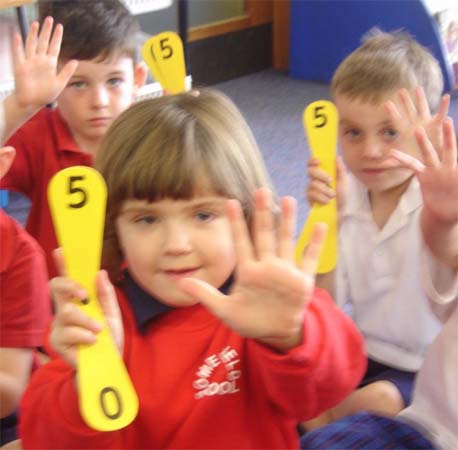Starting school: Study shows it doesn't matter when
 Sydney - It's a dilemma that besets many parents: to have their child start junior school younger than their peers or to delay entry for a year in the hope of a better academic outcome at the end of high school.
Sydney - It's a dilemma that besets many parents: to have their child start junior school younger than their peers or to delay entry for a year in the hope of a better academic outcome at the end of high school.
New research in Australia shows that, if it matters at all when a child starts school, it's probably better to start them young than hold them back.
"Kids find their own station in life," said Sydney University 's Andrew Martin. "The truth will out."
It's also the case that the children who are held back by their parents are the very ones who would benefit most from getting going early.
Martin looked at the academic achievements of 3,864 pupils in seven Sydney high schools to find correlations between the marks for those who were young for their year and those who were old for their year.
He looked at high school grades because available research had shown that in the early years of junior school the older ones did in fact do better than the younger ones.
"I found there is little or no evidence of advantage to being markedly older in a year group in terms of academic development in the high school years," Martin said.
He found the older ones in their year group were less motivated, were skipping school more often and were achieving less than the norm.
"The negative effect for being older for a year group was also found for children who had repeated a grade." In fact, by the end of high school the youngest pupils were performing the best.
Martin says there could be any number of reasons why those young for their cohort are initially behind, but then catch up and often pass their classmates.
Perhaps the strongest influence is schooling itself. "School is the most substantial intervention a human being will ever experience," he said.
Because it's so transformational, it's best to begin it pronto.
While Martin stresses that he was only measuring academic performance in high school, what's true of grades is probably true of other markers of attainment like emotional intelligence.
"This is academic development not social development (that is being examined), but I have no reason to believe social development would drag behind academic development," he said.
The key finding is that schooling is a long haul. Where you are in the early stages is not an accurate guide to where you will be when you finish. (dpa)